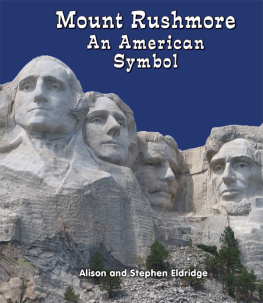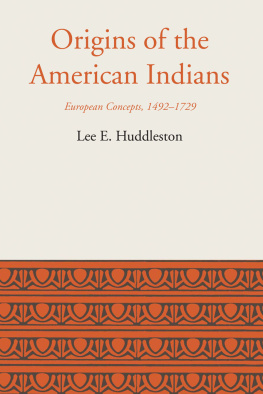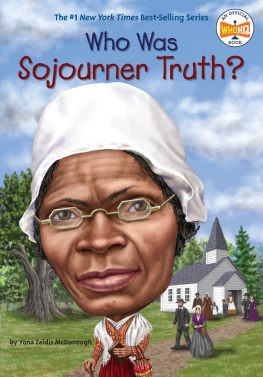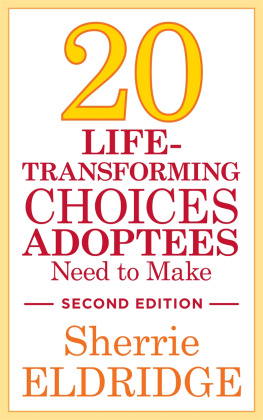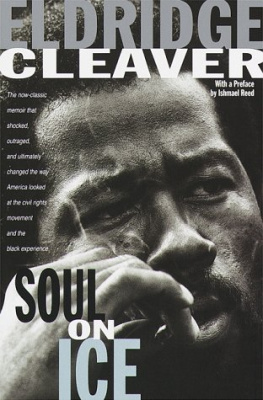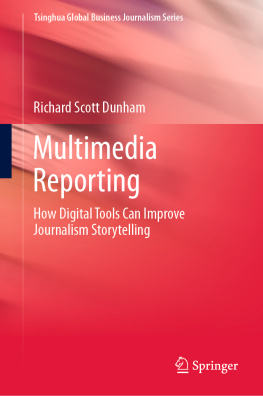p.i
ONLINE JOURNALISM FROM THE PERIPHERY
Online Journalism from the Periphery explores how a range of new media actors, communicating online, have challenged us to think differently about the journalistic field. Embracing the disruption of digital technology, these new actors have been met with resistance by an existing core of journalism, who perceive them as part of a digital threat and dismiss their claims of journalistic belonging. As a result, cracks are appearing in the conceptual foundations of what journalism is and should be.
Applying field theory as a conceptual lens, Scott Eldridge guides the reader through the intricacies of these tensions at both the core and periphery. Starting by suggesting definitions of journalism as a social and cultural construction, this book explores how these are dominated by narratives that have reinforced a limited set of expectations about its purpose and reach. The book goes on to explore how these narratives have been significantly undermined by the output of major new media players, including Gawker, reddit, Breitbart, and WikiLeaks. Online Journalism from the Periphery argues for a broadening of ideas around what constitutes journalism in the modern world, concluding with alternative approaches to evaluating the contributions of emerging media heavyweights to society and to journalism.
Scott A. Eldridge II is an Assistant Professor at the Centre for Media and Journalism Studies, University of Groningen. His work in digital journalism studies explores discourses of identity and the changing journalistic field. He is co-editor, with Bob Franklin, of the Routledge Companion to Digital Journalism Studies , and Reviews Editor for the journal Digital Journalism.
p.iv
First published 2018
by Routledge
2 Park Square, Milton Park, Abingdon, Oxon OX14 4RN
and by Routledge
711 Third Avenue, New York, NY 10017
Routledge is an imprint of the Taylor & Francis Group, an informa business
2018 Scott A. Eldridge II
The right of Scott A. Eldridge II to be identified as author of this work has been asserted by him in accordance with sections 77 and 78 of the Copyright, Designs and Patents Act 1988.
All rights reserved. No part of this book may be reprinted or reproduced or utilised in any form or by any electronic, mechanical, or other means, now known or hereafter invented, including photocopying and recording, or in any information storage or retrieval system, without permission in writing from the publishers.
Trademark notice : Product or corporate names may be trademarks or registered trademarks, and are used only for identification and explanation without intent to infringe.
British Library Cataloguing-in-Publication Data
A catalogue record for this book is available from the British Library
Library of Congress Cataloging-in-Publication Data
A catalog record for this book has been requested
ISBN: 978-1-138-94544-9 (hbk)
ISBN: 978-1-138-94545-6 (pbk)
ISBN: 978-1-315-67141-3 (ebk)
Typeset in Bembo
by Swales & Willis Ltd, Exeter, Devon, UK
p.x
In the summer of 2010, when people around the Western world were introduced to WikiLeaks through the Afghan War Logs on the pages and websites of WikiLeaks, the Guardian , New York Times , and Der Spiegel , I followed the reaction from a couch in Western Massachusetts, with a laptop flipped open and the New York Times and Guardian sites in competing tabs. This was a news story that would come to shape the next years of my research, and has continued to frame news and research agendas alike. Since then, WikiLeaks has become a fairly well-known organization, WikiLeaks editor in chief Julian Assange an even better known actor, but at the time they were at best underknown. The next morning there were, splashed across the pages of the New York Times , Guardian , and Der Spiegel , news stories fueled by an enigmatic news organization that would turn out to be one of the biggest stories of the year. Was this a testament to what could be realized online? Another in a string of developments at the nexus of digital and traditional media?
Over time, we have been offered answers to these questions. Exploring how WikiLeaks put its work out there as journalism, and saw those claims rebuffed, I was reminded of the way blogs challenged journalists at their own game when covering politics, and the tensions they exposed at the nexus of traditional and newly digital media forms. Fleas on the dog was how the late David Carr described the reception afforded bloggers (Carr 2008). Biting, parasitic a common narrative that has met these actors who I came to categorize as interlopers, emphasizing their disruptive approach to gathering and sharing information online.
Often, though not always, new actors who describe their work as journalism have been treated to boundary-building discourses that suggest their newswork is lesser, and their claims of journalistic identity invalid. Through mapping discourses in texts that portray new actors as threats (Eldridge 2013), and exploring new methods to see how journalistic identity discourses reinforce certain imaginations of journalism (Eldridge 2017b), these studies helped me understand, and discuss with others, how certain types of actors are rebuffed and rejected when they too claim they are doing something we should recognize as journalism (Eldridge 2017a). Their work is downplayed, their identities marginalized, and around a group of actors at a journalistic core those we most easily recognize as journalism we see boundaries built that distinguish one set of actors from the others, the interlopers.
p.xi
Of course, thats to be expected why wouldnt a group of journalists look to reinforce their importance around a meaningful sense of identity and exclusivity? Its in the nature of social actors to try and remain distinct, and for journalists whose value is particularly dependent on being seen as expert harbingers of news, this is all the more evident. So, in response to WikiLeaks, and blogs before it, we see demonstrations of distinction made by journalists. We see boundaries, and we shouldnt be surprised when we do.
Fast-forward to 2016, and again I found myself watching another set of dynamics play out live. When Gawker Media filed for Chapter 11 bankruptcy after losing a court case against the wrestler Hulk Hogan (financed by tech venture capitalist, Peter Thiel), the internet carried on its networks and platforms a range of hot takes stretching from good riddance to bad rubbish from those who despised Gawker, to arguments that this development was, if nothing else, bad for journalism. In this book, I will argue with the former, and look to establish a view that recognizes the latter. That same evening, on Twitter, I suggested that views on Gawker vis--vis journalism are best framed when they own their biases, and this book takes an opportunity to ameliorate biases by advancing a conceptual and theoretical foundation for seeing organizations like Gawker as journalism. From that basis, a more nuanced consideration of journalisms dynamic, and complex, position in society, and the way the journalistic field has evolved into a dynamic and complex space.




